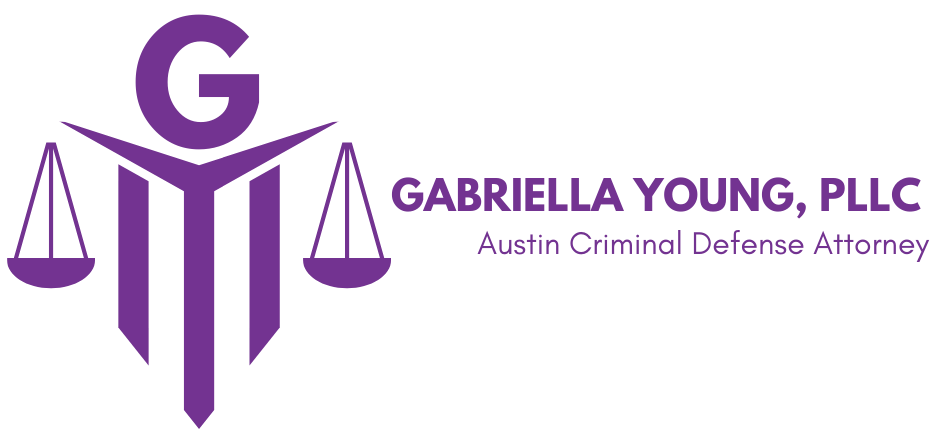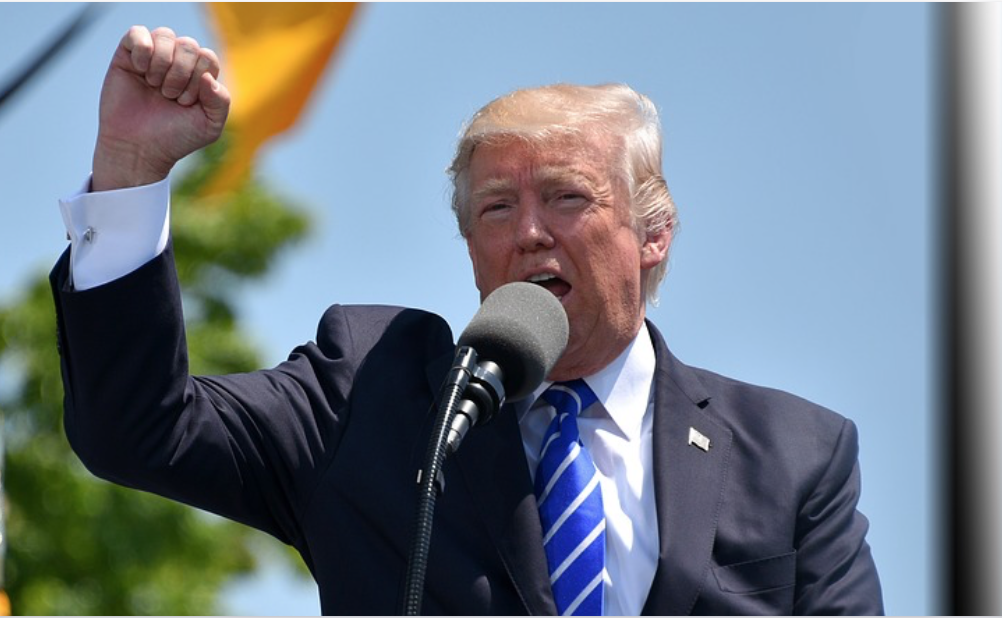Can the President of the United States be sued?
Currently, President Donald Trump is facing a series of unrelated lawsuits. Some, he brought with him to the Oval Office. Others were formed after he became President. Trump himself, his company, The Trump Organization, his charity, The Trump Foundation, and all three of his oldest children are currently facing lawsuits.
What is the legality of suing the President?
The concept of “sovereign immunity” protects governments as a whole from lawsuits unless they explicitly consent to being sued. A similar concept applies to the sitting President *while he is serving,* but only in certain situations.
We’ll start with civil suits. Can the President be held civilly liable? There are some ongoing examples.
Stormy Daniels (born Stephanie Clifford) is an adult film actress who allegedly had an affair with now-President Trump back in 2006 and was paid $130,000 by Michael Cohen, Trump’s former attorney, to sign a non-disclosure agreement to not speak of the alleged affair. She is suing for “declaratory relief,” or asking for a judgement on an uncertain legal issue because she claims Trump never signed the non-disclosure agreement and it’s uncertain whether the non-disclosure agreement stands. Summer Zervos, a former Apprentice contestant, is also waging a civil lawsuit against the President for defamation after he called her a liar for claiming he sexually assaulted her in 2007.
Trump’s team of lawyers argue that civil lawsuits cannot be filed against a president in office because private matters distract him from the duties of president. Zervos’ lawyers disagree, arguing that these actions were taken place before he was voted President, and that he is not immune to the law. The arguments fight for a balance between the President fulfilling all of his presidential duties and being held accountable as an individual.
It’s actually a 1997 Supreme Court case, Clinton v. Jones, that clarifies the issue of civil suits. Paula Jones, a former state employee, accused President Bill Clinton of sexual harassment. The Supreme Court ruled that any kind of sovereign immunity does not apply to “unofficial conduct,” meaning anything not directly related to his actions as president. Thus, Trump can be held accountable for civil charges relating to him as an individual before he became president, but not civil damages related to his actions as president.
Thank you for visiting the Gabriella Young blog, an Austin Criminal Defense Lawyer. We write to inform locals about law changes, events and news.

